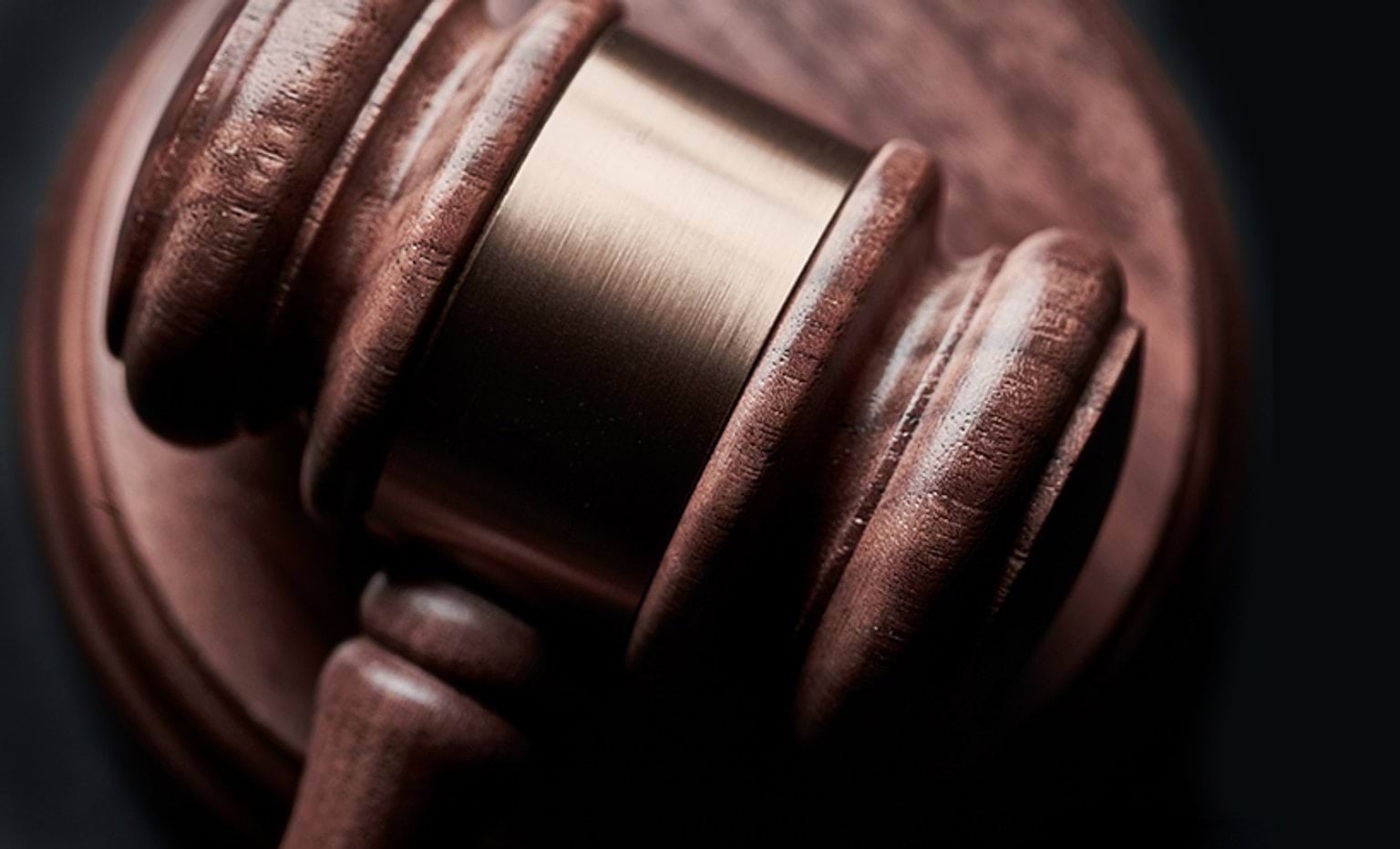- Published:
- Tuesday 25 February 2020 at 11:30 am

As a state, Victoria has always been at the forefront of protecting human rights and inclusion. As arguably one of the most culturally diverse societies in the world, we must do all we can to ensure we remain cohesive, and that every Victorian has the opportunity to be part of our state’s success.
Legislation alone cannot address racism, vilification and hate motivated crimes.
Vilification can only be stopped through a multifaceted approach of education, prevention strategies and best practice laws that are accessible to affected people and communities and that hold individuals to account.
What is the inquiry?
The Parliamentary Inquiry is currently reviewing the effectiveness of the Racial and Religious Tolerance Act 2001, including whether there are groups not currently protected under the law who should be, and the best ways to address online vilification.
Vilification is on the rise across Australia. We know that many members of the Victorian community experience racism, Islamophobia, anti-Semitism, homophobia, transphobia and misogyny in their day-to-day lives.
This can have devastating and long-lasting impacts on individuals, leading to isolation, poorer health, feelings of vulnerability, an undermined sense of belonging and decreased ability to participate in the wider community.
At a societal level, vilification and hate divides and damages our community, erodes equality and creates an economic burden.
The Parliamentary Inquiry is a much-needed opportunity to review the current legal framework and make sure it is working to protect our diverse community.
What is vilification?
There are two main laws that prohibit racial abuse in Australia.
Vilification is a public act that could incite hatred, serious contempt or ridicule towards a group of people based on their race or religion.
In Victoria, it is unlawful under the Racial and Religious Tolerance Act 2001.
It includes things such as:
- making racist comments, including speaking, singing and gestures in public
- inciting hatred through drawings, images and written publications, such as newsletters and leaflets
- displaying racist signs, graffiti, flags or clothing that could be seen by the public
It does not include:
- acts done in private (for example, private discussions that you would not expect anyone to overhear)
- artistic works
- fair and accurate reports in the media, when done in good faith
Importantly, in order to make a claim of vilification, a person must show that a third party – who might be unidentifiable – has been incited to hatred or other strong negative emotions because of another person’s conduct.
Discrimination is when a person is treated less favourably because of an attribute, for example race, sexual orientation, cultural background or gender.
It is covered by the Racial Discrimination Act 1975. This Act is a Commonwealth law that applies everywhere in Australia.
Our consultation process
The Commission’s consultations on anti-vilification protections included:
- Regional Advisory Councils meetings, with nearly 300 community leaders and representatives from across the state
- a forum with the South Asian Communities Ministerial Advisory Committee (SACMAC)
- a Multifaith Advisory Group meeting, which includes representatives from more than 20 faith communities
- a round table with young professionals from across the NGO, legal and corporate sectors
What we found
Our discussions with community representatives, leaders and expert stakeholders highlighted the following:
- Many Victorians are not aware of the legal avenues against vilification available to them and this leads to profound under-reporting of hate conduct.
- There is confusion in the community between the definition of discrimination and vilification, and what’s included in the legislation.
- Community members who have made a complaint reported that the procedural hurdles were difficult to meet, for example, the number of forms to fill in and the onus of proof being too great.
- Multicultural communities are genuinely concerned by the increase of vilification, particularly online.
- Community members supported the proposal to widen the scope of the legislation to address online trolling, harassment and abuse.
- There was broad support for the recommendation to expand protections beyond race and religion to other groups vulnerable to hate, such as LGBTQI+ people, women and people living with disabilities.
Not designed for the digital age
Social media feeds and comments sections of news articles provide ready-made platforms for the dissemination of racist, homophobic and gendered misinformation and hate.
The cost of online abuse – including loss of income, medical expenses and decreased participation in the wider community – has been conservatively estimated at nearly $4 billion a year.
That’s why we’re advocating for our legislation to acknowledge that online abuse has real world impacts – on individuals and society.
Broader protections urgently required
The Commission endorses the recommendation to expand protections beyond race and religion to other groups vulnerable to hate, such as LGBTQI+ people, women and people living with disabilities.
Urgent reforms are necessary to ensure that all Victorians have adequate protections against abusive and vile language that incites hatred and violence on the basis of identity.
Read our full submission to the Parliamentary Inquiry:
Updated

